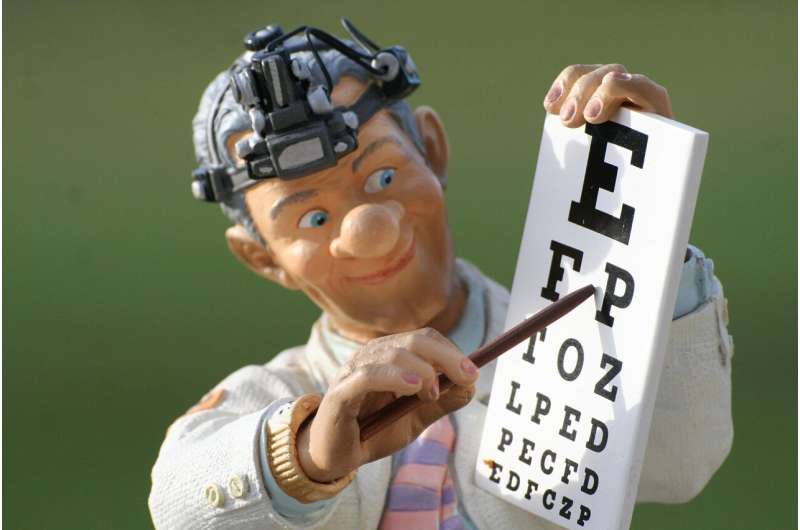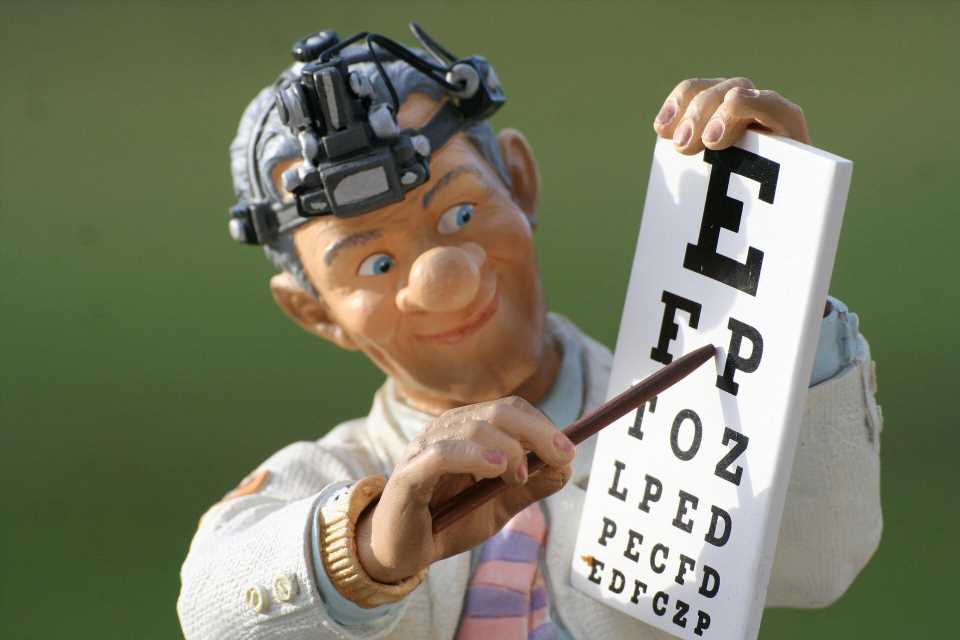
A metabolite of caffeine, known as 7-MX, may slow the progression of short-sightedness, also known as myopia, in children, suggests observational research published online in the British Journal of Ophthalmology.
If proved safe and effective in large clinical trials, 7-MX could become a valuable treatment for a condition for which current options are somewhat limited, say the researchers.
Myopia occurs when the eye grows too long, stretching and thinning it, and often starts at the age of 6–7, progressing until the age of 16–20.
It is associated with a heightened risk of various conditions that affect vision and eye health, including macular degeneration, cataracts, glaucoma and retinal detachment.
Preliminary research suggests that the caffeine metabolite 7-methylxanthine, or 7-MX for short, inhibits excessive lengthening of the eye (axial elongation).
7-MX has been used to treat childhood myopia in Denmark since 2009. But until now it has not been fully evaluated in long term studies, and the researchers wanted to find out how quickly myopia progresses in children taking 7-MX.
The researchers reviewed the medical records of 711 children (356 girls and 355 boys) treated for myopia at one eye clinic in Denmark between June 2000 and January 2021.
Comprehensive eye tests, including measurement of axial length, were carried out on the children. And 624 of the children took 7-MX tablets up to 1200 mg daily (average 470 mg) while 87 didn’t, for various reasons.
Their average age was 11 (range 7-15) when they started treatment, and their eye length and degree of myopia were tracked for an average of 3½ years (range 11 months–9 years).
Dioptres (D) are the units of measurement used to assess the extent of eye function: the average degree of refractive error (short-sight) to begin with was −2.43 D, which increased by an average of 1.34 D during the monitoring period. -3.00 D is regarded as moderately severe myopia; -6 D or more is regarded as severe myopia.
Average axial length was 24.4mm, to start with, increasing by an average of 0.21 mm/year.
Treatment with 7-MX was associated with a slower rate of worsening myopia and axial elongation, with higher doses seemingly more effective.
Based on these data, the researchers estimated that for a typical 7 year old with a refractive error of −2.53 D to start with, that child’s myopia would increase by −3.49 D over the next 6 years without treatment.
But with a daily dose of 1000 mg of 7-MX, that same child’s myopia would increase by −2.65 D over the next 6 years.
Similarly, without treatment, axial length would increase by 1.80 mm over 6 the next years, whereas it would increase by 1.63 mm on a daily dose of 1000 mg.
The researchers calculated that, on average, for an 11 year-old taking 1000 mg 7-MX daily that child’s myopia would increase by −1.43 D over the next 6 years, compared with −2.27 D without treatment. And axial length would increase by 0.84 mm compared with 1.01 mm without treatment.
None of the children taking 7-MX reported any side effects during the monitoring period.
The findings echo those of experimental studies, say the researchers. But they acknowledge that their study is observational, nor were they able to account for potentially influential factors, such as genetic factors, time spent outdoors, ethnicity, and time spent on near work. Their findings cannot, therefore, establish causality.
“The question of causality and the size of a possible treatment effect can only be determined through a randomized trial,” they write.
Source: Read Full Article
